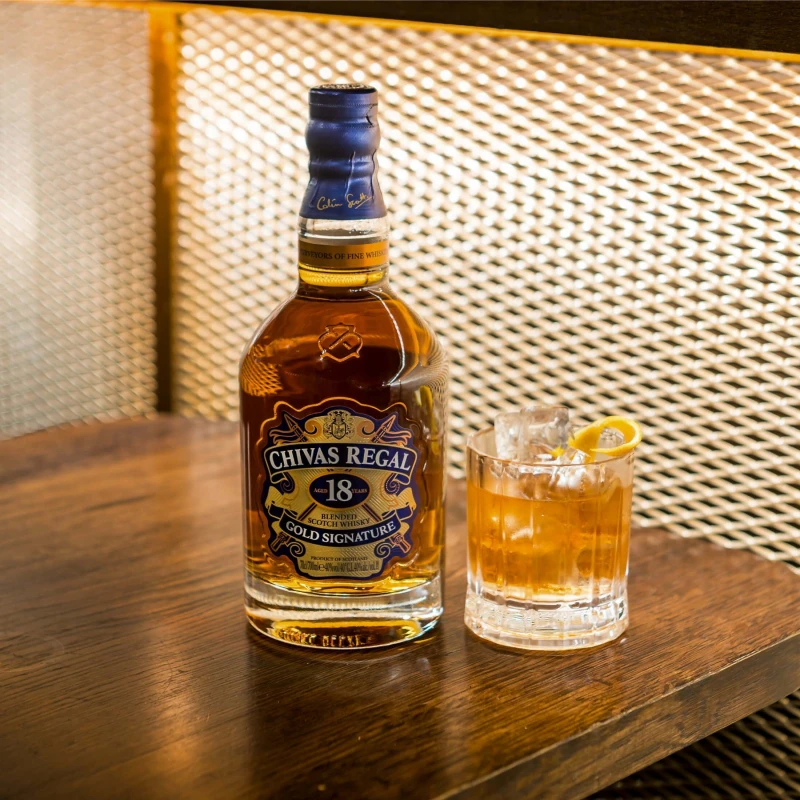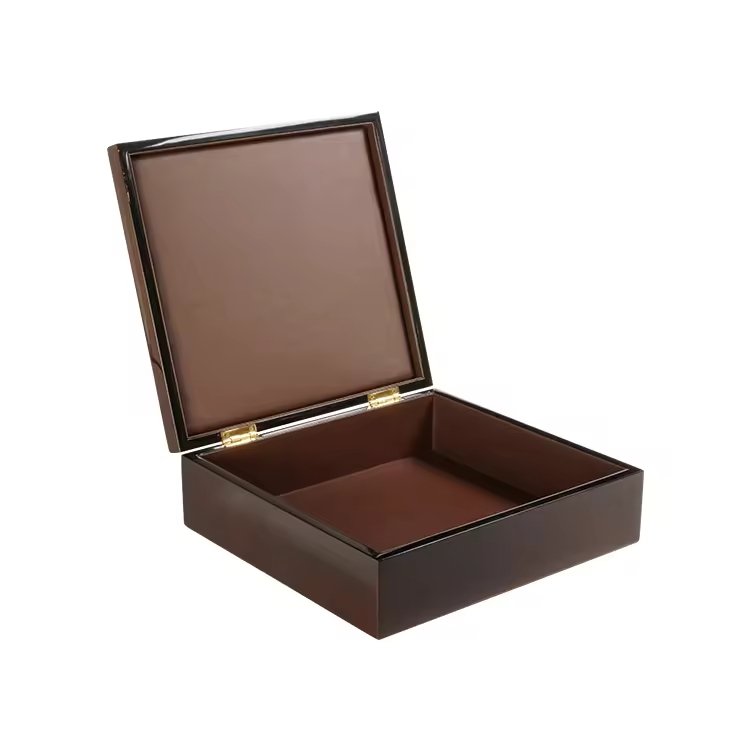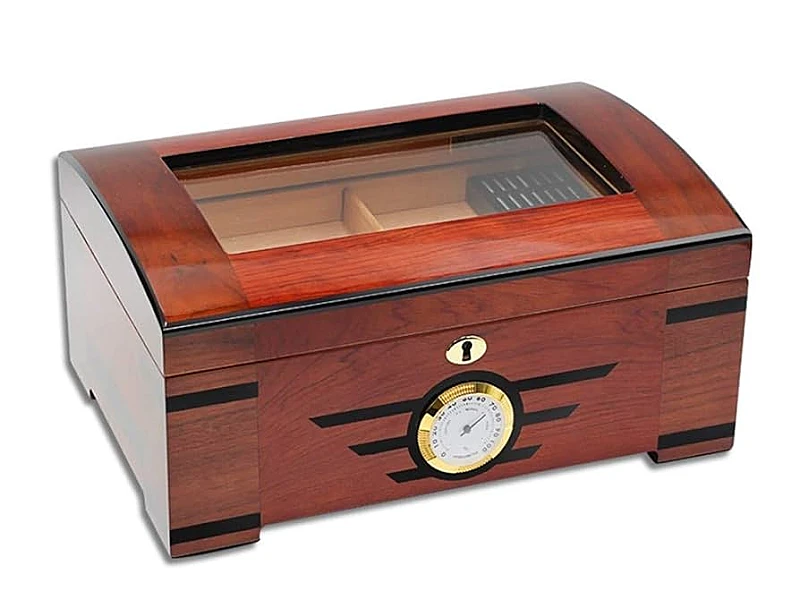
Mixing materials like wood and leather gives cigar boxes a refined look. But different reactions to humidity may lead to stress or deformation inside the box.
Wood and leather expand and contract at different rates when exposed to humidity. This can cause dividers to warp or loosen if not designed correctly.
I often see clients ask for mixed interiors. They love wood for its natural touch and leather for luxury appeal. But this combination needs careful planning to stay stable.
Why do wood and leather react differently to humidity, and how does this cause structural stress?
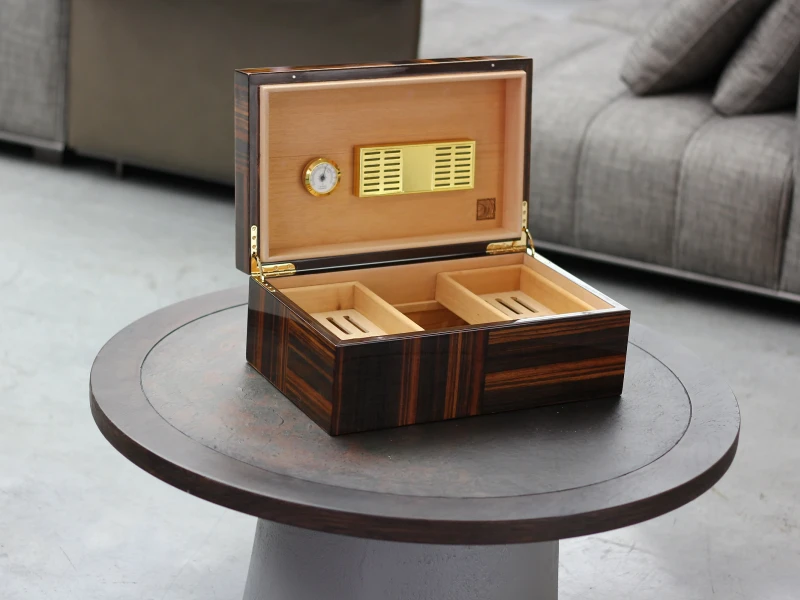
Both wood and leather are natural materials, but they react in unique ways when humidity changes.
Wood swells or shrinks based on moisture content, while leather stretches or contracts differently. This mismatch creates structural tension.
When I designed a leather-bottom box with cedar dividers, I noticed that over time the cedar absorbed more humidity and pushed against the stiffer leather base. The result was slight warping at the corners.
How wood responds to humidity
- Wood fibers take in water and swell.
- Different grains expand unevenly.
- Expansion can be 2–5% across the grain.
How leather responds to humidity
- Leather absorbs moisture but becomes softer instead of swelling as much.
- It can contract when dry, pulling surfaces inward.
- Stretching depends on tanning and thickness.
Tension between wood and leather
- The wood divider wants to move outward.
- The leather bottom pulls in another direction.
- Adhesives between them transfer the stress, which may lead to warping, cracking, or gaps.
This natural conflict makes wood and leather a risky combination without proper design.
Could wooden dividers warp or loosen if the leather-lined bottom restricts natural expansion?
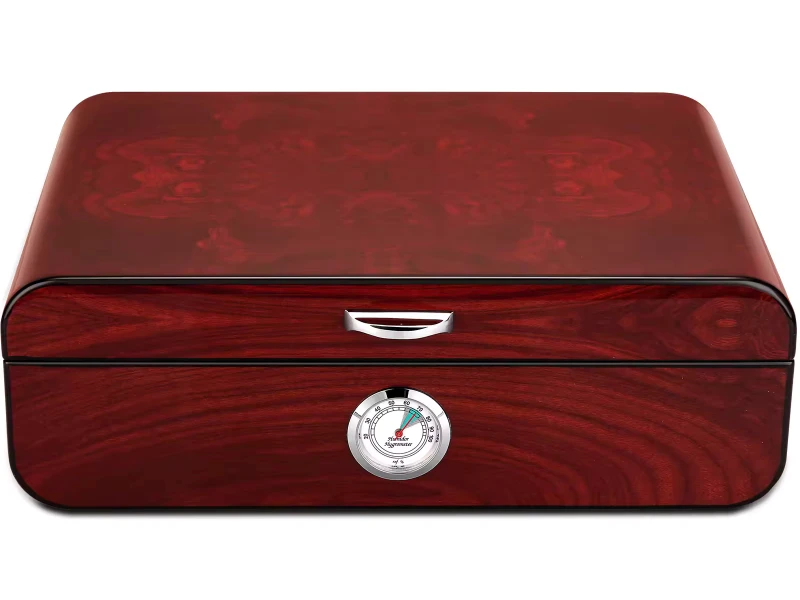
Wood dividers need freedom to expand and shrink. But a leather-lined base can block this movement.
Yes, wooden dividers can warp, tilt, or loosen when leather restricts their natural expansion.
I once produced boxes with mahogany dividers fixed into a leather base. After one humid summer, the dividers twisted slightly because the base did not move with them. Customers noticed uneven compartments.
What can happen
- Warping – Dividers bend when force is not balanced.
- Loosening – Glue bonds weaken as wood pushes against leather.
- Cracks – Rigid bases may cause micro-cracks in thin dividers.
Example comparison table
| Divider Condition | Leather Reaction | Resulting Risk |
|---|---|---|
| Fixed with glue | Contraction | Cracks or warping |
| Inserted in slots | Flexible | Less risk of loosening |
| Floating structure | Independent | Best durability |
Allowing movement is the key. If dividers are locked too tightly into a leather base, deformation becomes more likely.
How does adhesive choice and bonding method affect stability under humidity changes?
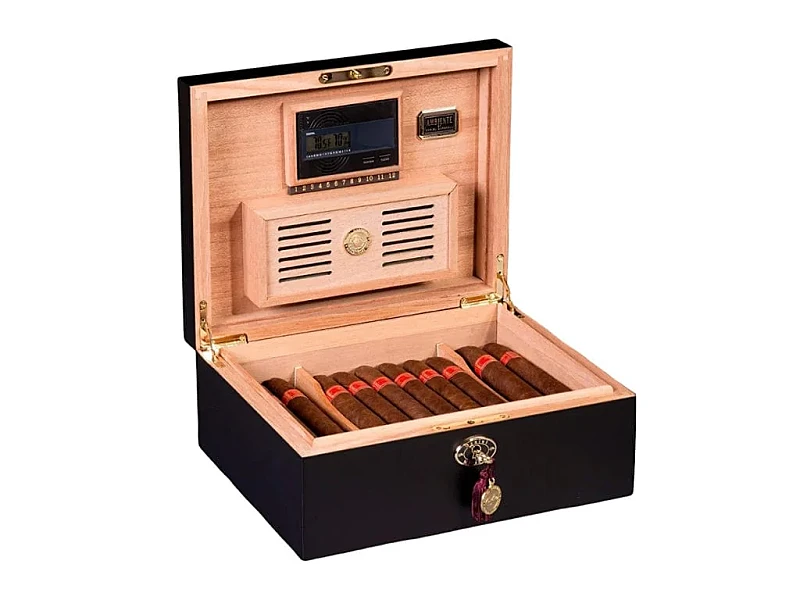
Adhesives determine how forces transfer between leather and wood. Wrong choices can increase stress.
Flexible adhesives allow some movement and reduce cracking, while rigid adhesives may break under stress.
In one project, we used a water-based glue to attach leather to a cedar base. After several humidity changes, the glue failed, and dividers loosened. Later, we switched to PU adhesive, which offered more flexibility and lasted longer.
Adhesive types
| Adhesive Type | Flexibility | Humidity Resistance | Notes |
|---|---|---|---|
| White PVA | Low | Medium | Cheap, but cracks easily |
| Contact cement | Medium | Medium-High | Good for leather, moderate flex |
| PU adhesive | High | High | Durable, elastic, premium option |
| Hot melt | Low | Low | Weak under humidity changes |
Bonding methods
- Spot bonding: Glue only in key points, allowing materials to move independently.
- Full bonding: Stronger, but risks deformation when expansion differs.
- Combination: Spot-bond dividers, fully bond leather to base.
The bonding method can decide whether the box stays stable or fails after a season.
What design adjustments (slots, floating structures, buffer layers) can reduce deformation risks?
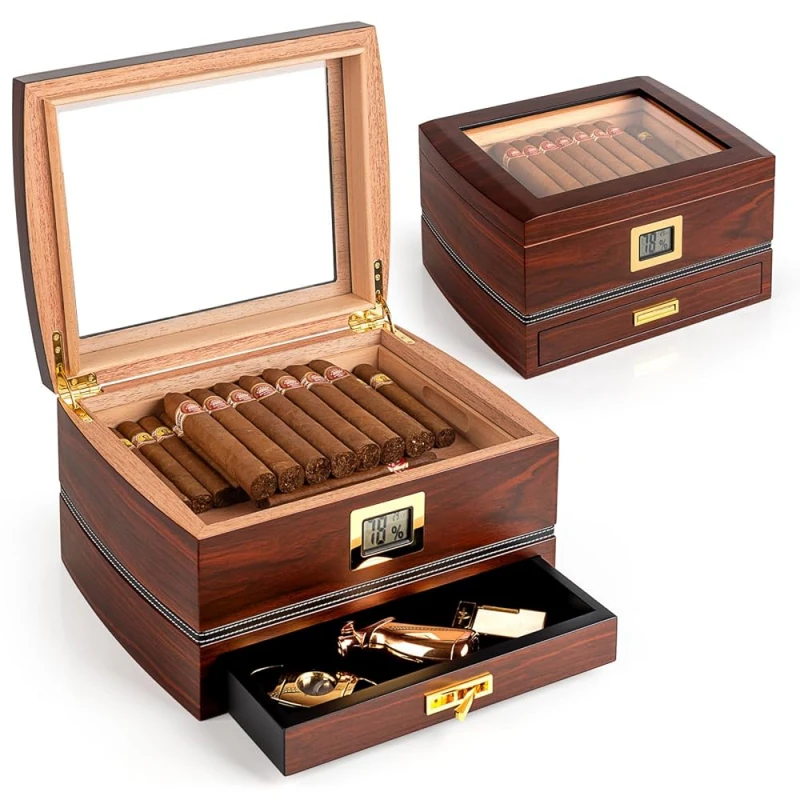
Good design allows materials to move naturally while still holding shape. Structural tricks can reduce stress.
Slots, floating dividers, or buffer layers help balance different reactions to humidity.
I once solved a deformation issue by cutting small slots in the base for cedar dividers. The dividers sat firmly but could still move slightly with humidity. This avoided cracking while keeping compartments neat.
Common design solutions
- Slots – Cut into the wood or leather base so dividers insert without rigid glue.
- Floating dividers – Dividers rest on the surface but are held by side rails.
- Buffer layers – Thin cork or PU foam between leather and wood absorbs stress.
Example table
| Design Adjustment | How it Works | Benefit |
|---|---|---|
| Slots | Provides space for movement | Reduces warping risk |
| Floating structure | Independent from base | Maximum flexibility |
| Buffer layer | Absorbs expansion pressure | Smooths tension transfer |
These details may seem small, but they make the difference between a long-lasting cigar box and one that deforms.
Are there recommended thickness ratios between wood dividers and leather lining for best performance?

Material thickness affects how much each part moves and resists stress. The balance between divider and lining matters.
A good ratio is thin leather (0.8–1.2 mm) with medium-thick dividers (3–5 mm). This balance reduces stress and keeps structure stable.
In my workshop, I tested thicker leather linings (2 mm). They created too much pulling force on the dividers. By reducing leather thickness and keeping dividers thicker, the boxes stayed stable.
Example ratios
| Leather Thickness | Divider Thickness | Performance Result |
|---|---|---|
| 0.8–1.2 mm | 3–5 mm | Best balance, stable |
| 1.5–2 mm | 2–3 mm | High risk, weak dividers |
| 1 mm | 6 mm+ | Strong, but heavy design |
Thin leather adds luxury without restricting movement too much. Medium dividers are strong enough to resist tension but light enough for balance.
How do luxury cigar box makers balance elegance and durability when mixing wood and leather interiors?
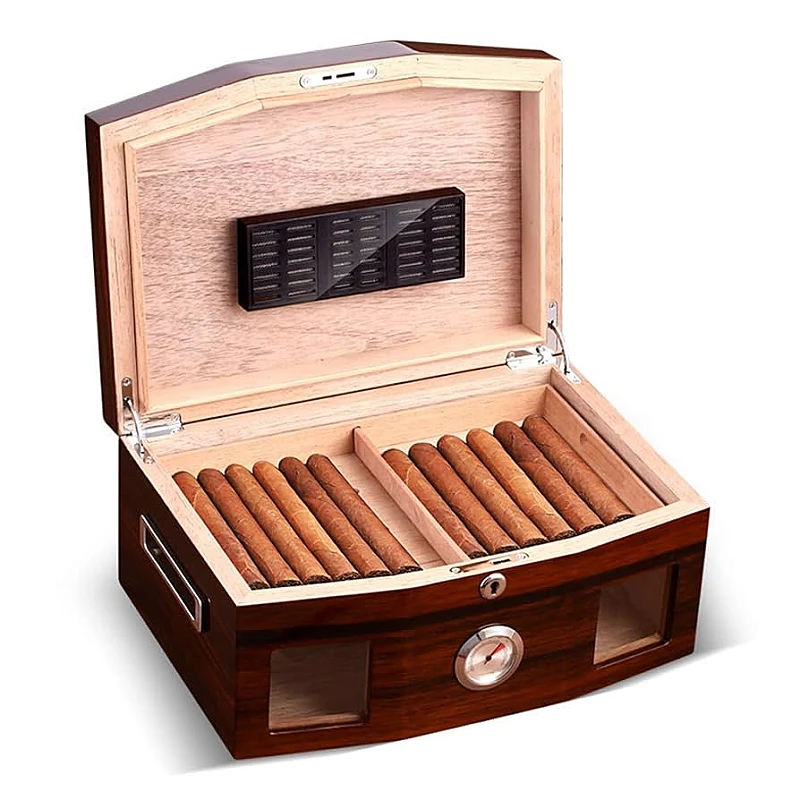
High-end brands want both elegance and durability. They cannot afford boxes that deform after months of use.
Luxury makers balance beauty and function by mixing smart design, material selection, and discreet engineering solutions.
I often recommend hybrid designs. For example, use leather only on visible surfaces, while keeping structural parts in sealed wood. Or line the bottom with leather but insert cedar trays for dividers. This way, the leather shows luxury, but cedar controls humidity and adds durability.
Methods luxury makers use
- Hybrid structures – Leather for decoration, cedar or lacquered wood for function.
- Hidden engineering – Slots, floating dividers, and buffer layers hidden under lining.
- Selective lining – Only line visible surfaces, not the whole base.
- Pre-aging tests – Simulate humidity changes before shipping.
Luxury is not only about material. True luxury comes when design endures time. This is why the best makers combine elegance with hidden technical details.
Conclusion
Mixing wood and leather in cigar boxes looks elegant, but requires balance. Smart design and flexible adhesives protect against humidity risks.
Brand Name: WoodoBox
Slogan: Custom Wooden Boxes, Crafted to Perfection
Website: www.woodobox.com
WhatsApp: +86 18359265311


